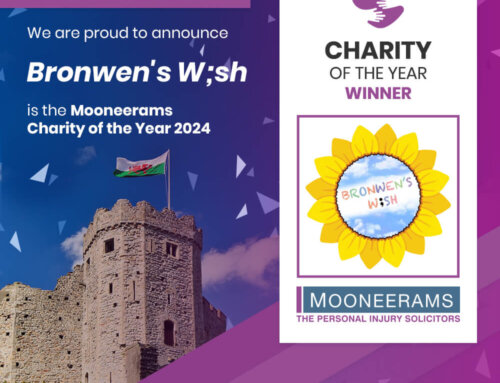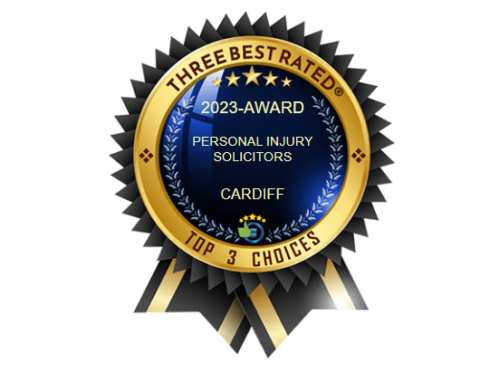What are our ‘basic needs’ as human beings? There may be some debate over some of the ‘needs’ to be included. However, an ever present in any basic list of needs is for us to have a shelter – a roof over our head – a place we can call home.
The Hierarchy of Needs theory
The psychologist, Abraham Maslow, outlined a theory which he called the hierarchy of needs, whereby he asserted that the most basic human needs of water, food, rest, clothing and general health are the minimum requirement for human beings to have, in order to survive. Without these needs, Maslow argues, it is impossible for humans to advance themselves as people and attain each next level of ‘needs’, such as: feeling safe, experiencing love and belonging, gaining self-esteem and finally being in a position to achieve their full potential as a person.
For people without a home or those who live in poor quality housing, despite paying rents they can scarcely meet each month, achieving their full potential must seem like a pipe dream. In fact, just to get their own warm, dry and generally fit for purpose accommodation will, for many, feel like an impossible and unachievable dream.
The definition of homelessness is often misunderstood
According to Shelter Cymru, more than 15,000 people become homeless in Wales, every year, a figure that includes around 2,800 children. ‘Homelessness’ is an oft-misunderstood term because whilst its definition includes those people who are living on the street, the majority of people classified as homeless are the ‘hidden homeless’ – people sleeping temporarily at friends’ houses, or in temporary council housing. It also includes people living in substandard accommodation.
If we refer back to Abraham Maslow’s hierarchy of needs theory, we’ll recall that ‘shelter’ is defined as one of our basic needs, without which we are unable to develop as human beings. So, it will come as no surprise to anyone to find out that those who are homeless, suffer from both physical illnesses and in particular mental health issues.
A local government report, The Impact of Homelessness on Health confirmed that people who are homeless have much poorer health than the rest of the population in general. Simply being homeless or at risk of becoming homeless causes or exacerbates ill health. Everything else that is positive in our lives flows from having a place to call home in the form of adequate housing.
Homelessness and mental health issues – a vicious cycle
The link between mental health and homelessness is complicated. Often the cause of homelessness is or may include mental illness. Equally, homelessness is a cause of mental illness in itself.
The report acknowledges another element in the vicious cycle of homelessness and mental and physical health; the fact that people who are homeless struggle to get access to quality health and social care. Without medical help, their health is unlikely to improve. Without good health, the chances of resolving their own homelessness situation, are slim.
So, what are the types of injury and illness that particularly affect those experiencing homelessness:
1. Mental health issues
45% of people who experience homelessness issues have mental health issues (that have been diagnosed as such). For those who live on the streets, the percentage rises to 80%.
Common mental health issues suffered by those who are homeless, include:
- Depression
- Anxiety disorder
- Social anxiety disorder
- Panic disorder
- Post traumatic stress disorder (PTSD)
Any debate on the issues of mental health amongst people experiencing homelessness inevitably throws up the issue of drug and alcohol addiction.
Numerous studies have been carried out on the relationship between homelessness, drug and alcohol addiction and mental health issues.
Suffice it to say that by no means do all of those people who suffer from mental health illnesses as a result of experiencing homelessness issues, have issues with drugs or alcohol. It is lazy and too convenient to simply pass off homelessness as being a problem caused by drug and alcohol addiction.
2. Injuries caused by violence or abuse
Those who find themselves living on the streets for any period of time, are 17 times more likely to have suffered criminal injuries from a violent attack than the rest of the population.
Six out of ten people report having been abused verbally or harassed whilst homeless.
Many women who are the victims of domestic abuse often find themselves in a horrendous situation where they need to remove themselves from the home in an attempt to bring the abuse to an end, only to find a lack of affordable and adequate alternative housing prevents them from doing so. Shelter Cymru does great work for women who are the victims of domestic abuse and need help with finding a safe place to live.
Some homeless shelters provide mixed accommodation and women understandably often feel uncomfortable with such unsuitable arrangements. In October 2020, the Coventry Telegraph carried a report about a woman who was raped in a homeless shelter.
3. Musculoskeletal Problems
Poor, damp, uncomfortable living conditions can cause or exacerbate joint and muscle ailments. Conditions such as arthritis are common amongst people who are homeless. A lack of access to medical treatment only serves to make conditions of this type, much worse.
4. Respiratory illnesses
One of the many issues facing those who live in substandard rental accommodation is that they find themselves susceptible to respiratory illnesses. Mould, dampness and dust mites are all causes of asthma, with children living in poor conditions more likely to suffer from asthma, than those who live in adequate or better housing conditions.
A report by Groundswell found that amongst those experiencing homelessness :
- 64% developed chest infections
- 26% used inhalers regularly compared to 8% of the general population
- 20% suffer from asthma as compared to 8.4% of the general population
5. Other disorders caused or contributed to by homelessness
The British Medical Journal (BMJ) reports that epilepsy and heart problems are common among people experiencing homelessness.
The conclusion of the BMJ’s report refers to a ‘slope in health outcomes across socio-economic groups in the general population and a ‘cliff’ when we consider homeless people.’
Diabetes, hypertension, and seizures are other conditions more prevalent amongst those experiencing homelessness.
The issues surrounding homelessness, in general, are complex – there is no black and white in terms of the causes of homelessness and how it can be resolved. As personal injury solicitors, we are used to solving issues for clients. They come to us with a problem, and we solve it for them. We right wrongs. We have a formula provided to us by the courts and by using our knowledge and experience we get the right result in most of our cases.
With the heart-breaking problem of homelessness, there is no clear pathway to solving the issue.
It’s one of the reasons why at Mooneerams Solicitors we have chosen Shelter Cymru as our Charity of the Year for 2022/2023.
Shelter Cymru does marvellous work in defending the right of everyone in Wales to have a safe home, by fighting the effects of the devastating impact the housing emergency has on people’s ability to get a safe and comfortable home.
Shelter Cymru has the expertise, passion, and commitment to drive real change. Over the next twelve months at least, Mooneerams aim to raise as much money as possible to help Shelter Cymru to continue the good fight against homelessness.
We have got a number of fundraising initiatives in the pipeline and you can find out more by visiting our dedicated Charity of the Year page or if you would like to make a donation now, please visit our Mooneerams Just Giving page.
Home is Everything.









